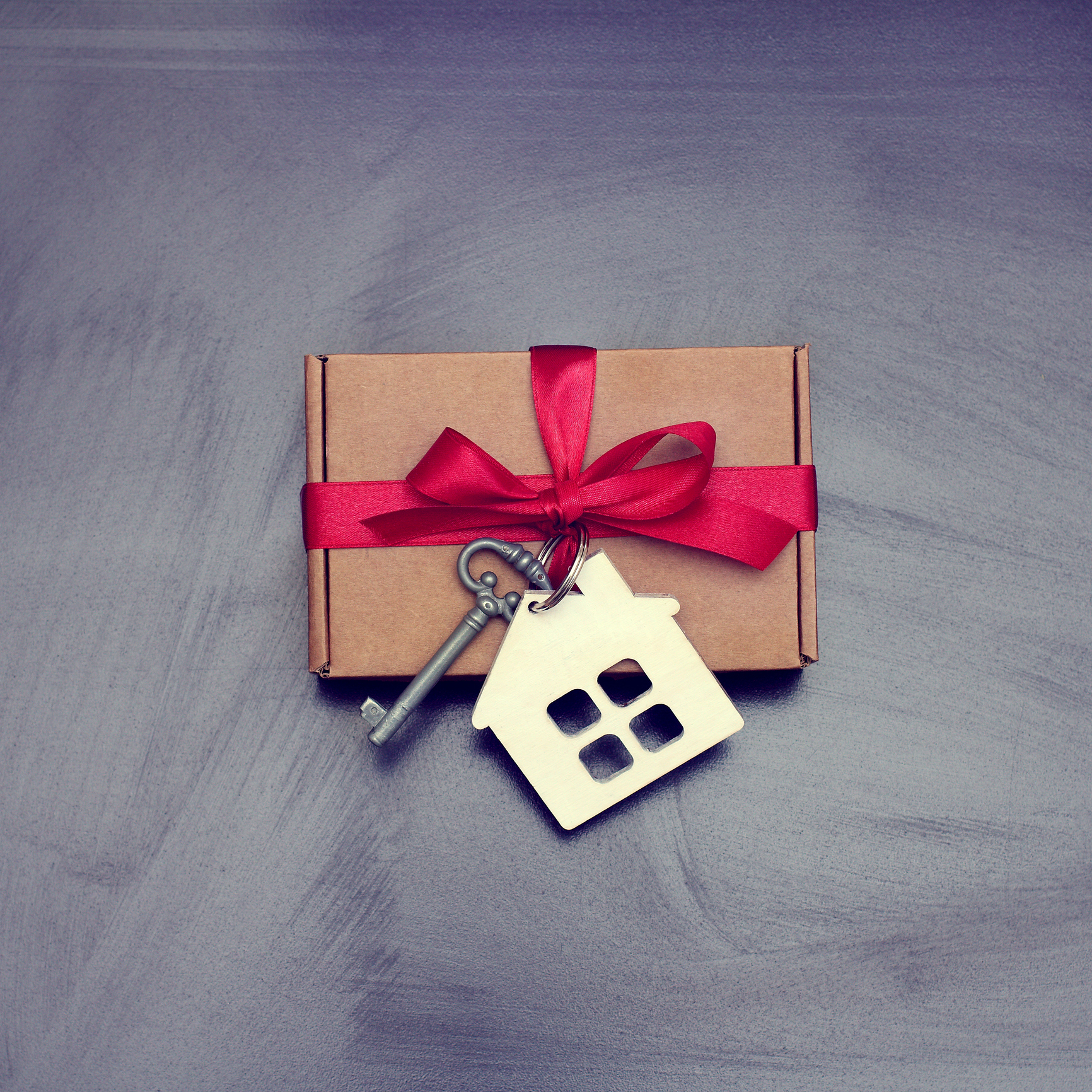Save Time And Money With a Construction-to-Permanent Loan
Looking to build a new home? Want to save time and money by only paying one set of closing costs? Consider a construction-to-permanent loan by...
Manage your everyday finances with convenient accounts, flexible cards, and personalized service designed to fit your life.
At First Federal Bank, we offer flexible mortgage solutions for almost any situation, helping you secure the right financing for your dream home.
Business banking offers secure financial management, streamlined transactions, credit options, and tools to help businesses grow efficiently and sustainably.

 Buying a home is a milestone worth celebrating, but it takes planning and preparation before signing the closing documents to ensure the purchase doesn’t become more of a burden than a blessing. Proper planning involves determining how big of a down payment you need and saving money for that down payment. Here are some pointers to get you started:
Buying a home is a milestone worth celebrating, but it takes planning and preparation before signing the closing documents to ensure the purchase doesn’t become more of a burden than a blessing. Proper planning involves determining how big of a down payment you need and saving money for that down payment. Here are some pointers to get you started:
Your down payment amount
Traditionally, the standard down payment lenders require for financing a house is 20 percent. Liz Knueven of Business Insider explains this is to help you as the homeowner avoid having to pay private mortgage insurance. “[This] extra monthly payment that can cost 0.3% to 1.2% of the loan's principal balance. Banks charge PMI to borrowers who put down less than 20% to get some protection should the borrower stop making mortgage payments.”
If you’re buying a $160,000 house, a 20 percent down payment would translate to $40,000 — which is a lot more than most first-time homebuyers can afford. However, 20 percent is not necessarily required to buy a house if you’re willing to pay a little extra on your monthly bill due to PMI. Plus, you might qualify for a lower down payment depending on the type of loan you’re receiving and your credit history.
Hal M. Bundrick, CFP and contributor to NerdWallet, points out you may be able to take advantage of low-down-payment loans or assistance programs. Loans that are backed by third parties give financial institutions the security to allow first-time homebuyers to supply a lower down payment. For instance, the Department of Veterans Affairs offer VA loans, the Department of Agriculture offers USDA loans and the Federal Housing Administration offers FHA loans — all which allow down payments far below 20 percent. These still may entail extra fees, but oftentimes these can be rolled into your monthly payments, so you don’t have to fork over as much money up front.
Additional costs of buying a house
Keep in mind, a down payment isn’t the only cost you’ll be paying to obtain a house. Purchasing a home entails an array of other fees you might not have anticipated. A down payment is just one of the many costs you’ll need to budget for when saving for a house.
Jeremy Vohwinkle of The Balance identifies some of the most common fees:
Some of these fees will be due on your closing date, while others will be due throughout the application process or right after closing. When you’re saving money, make sure you have enough in your financial accounts to cover these and any other unexpected costs.
Moving to a new home
If you plan on moving to a larger abode, you will still need to put a down payment. However, instead of paying out of pocket like you’ll be able to cover this amount with the money you make selling your current home.
If you won’t be selling until after you move into a new home, financial expert Dave Ramsey recommends taking out a bridge loan. “A bridge loan allows you to tap into the equity of your current home to pay the down payment on your new home. It functions as a short-term loan that is to be repaid quickly.” This quick loan will let you make a large down payment on your new house and then immediately pay it off when your old house sells.
Big or small down payment?
Choosing how much to put toward a down payment depends on your financial situation and what you think you can afford. A larger down payment could constrict your finances initially when you may need to spend that money on moving and home improvement costs, but it lowers the amount you’re mortgaging and translates to less paid in interest and insurance over the life of the loan. A smaller down payment leaves more funds in your account now but will cost you more over the course of the loan due to the higher principal.
Whichever amount you choose to contribute to a down payment on a house, make sure you start saving now to be in the best financial state when it comes times to seal the deal.

Looking to build a new home? Want to save time and money by only paying one set of closing costs? Consider a construction-to-permanent loan by...

Christmas is just around the corner, and if you're in a position to do it, paying off a family member's mortgage is one of the biggest gifts you...

When interest rates dip lower than your current rate, you might be tempted to refinance your mortgage. After all, lower interest rates should equal...
Manage your accounts, make payments, and more.
Open an account with us.